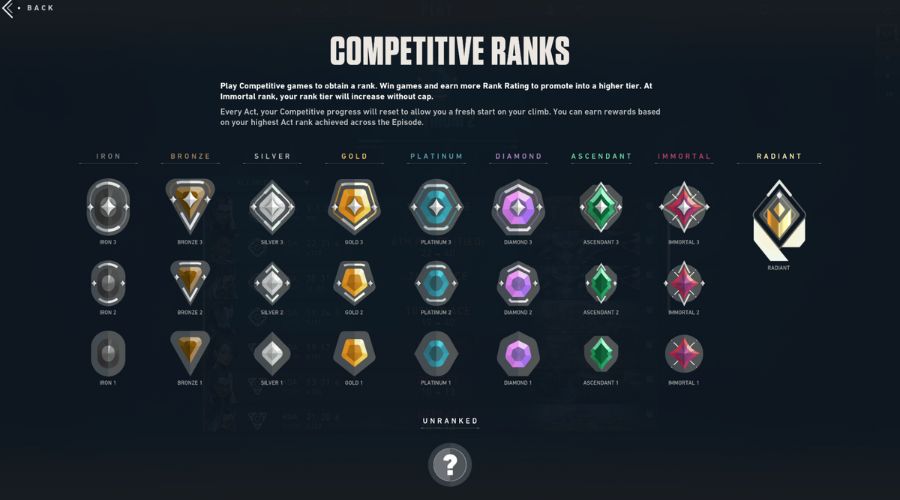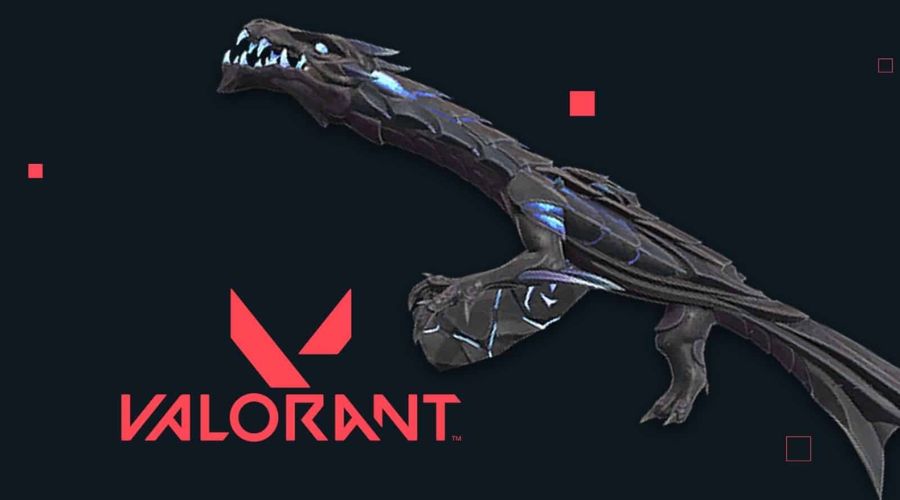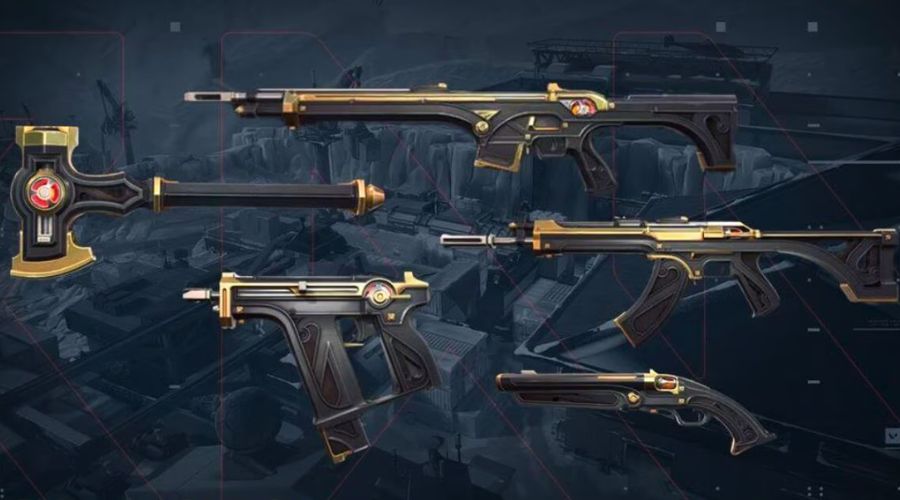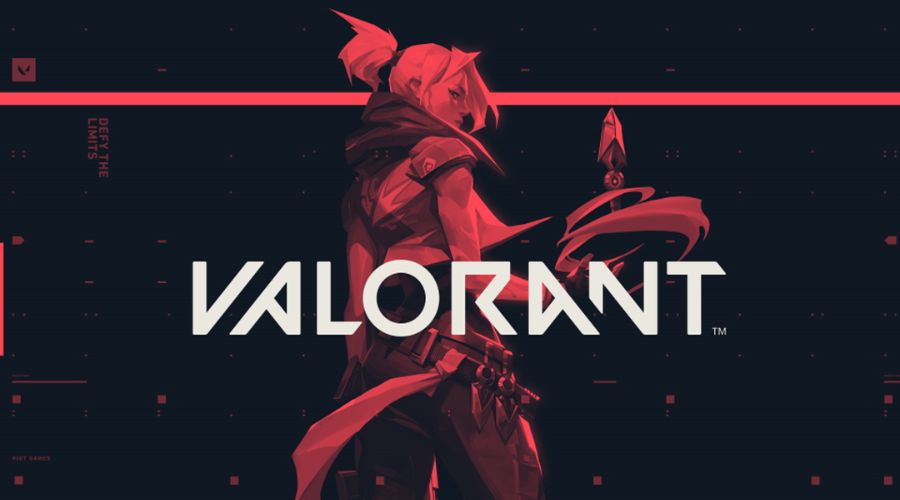Regardless of your level of experience with first-person shooters, our Brave Beginner’s Guide will walk you through all you need to know to explore Riot Games’ Hero First-Person Shooter.
This guide will help you get started right away by going over everything from the rules of Valorant to every aspect of the game in detail:
How Valorant Works
In the 5v5 competitive first-person shooter game Valorant, you take on the role of an agent within a team of agents, each of whom has a distinct set of skills that you may utilize to your advantage to win matches. Numerous players on your team can’t be using the same agent.
The primary game format in Valorant pits attackers against defenders in rounds, with your team assigned a side at random before the action begins. After 12 rounds, the teams switch places, and the match is won by the first team to win 13 rounds.
As an attacker, your objective is to assist in placing the spike, a device like a bomb, on one of the many bomb sites located around the map during any given round. You win that round if you and your squad can keep the planted spike under control for 45 seconds. As a Defender, it is your responsibility to stop a planted spike from being planted before the 100-second time restriction is up or to disarm the spike before it explodes. As an alternative, you can win a game by simply eliminating the opposing side, as you only have one life per round.
Every game begins with a quick buy phase when you spend your money (called credits) on items that will give you an advantage over your opponent. A wide range of things are available for purchase, such as weapons with increased potency, agent-specific skills, or armour that grants you additional health. Not only do your unused skills transfer over to the following round, but your weaponry and your armour do too, provided you survive.
All of Valorant’s Game Modes

In addition to a slot for a revolving PvP game mode—one of Escalation, Replication, or Snowball Fight—Valorant has four permanent PvP game modes: Unrated, Competitive, Spike Rush, and Deathmatch.
As an alternative, you may polish your skills against bots on the Range, a practice zone that offers infinite ammunition, abilities, and unlocked Agents. View the complete list of game modes available in Valorant.
Agents and their Categories
At the moment, Valorant has 19 Agents, each with a distinct set of skills. They can be divided into four different roles: Sentinel, Duelist, Initiator, and Controller. New players may play with Jett, Phoenix, Brimstone, Sage, and Sova; the other two can be obtained through the Play To Unlock Free Agents contract, but the remaining characters need to be unlocked by advancing through their agent contracts.
Weapons Galore

Primary weapons and sidearms are the two categories into which weapons are divided. As long as you can afford a primary, you are allowed to carry one of each. Handguns go under the category of sidearms, whereas machine guns, SMGs, shotguns, rifles, and sniper rifles fall under the category of primaries.
Maps: Valorant’s Battlegrounds
Seven maps alternate between both competitive and unrated modes. The current maps include Pearl, Ascent, Icebox, Breeze, Fracture, Haven, Ascend, and Bind. The list is in order of release. In Episode 5, Act 1, the new map, Pearl, replaced Split, one of the first beta maps, in the queue. One of the existing seven maps will be removed from rotation, and any newly acquired or remodeled maps will be added to the pool.
Battle Pass

By playing the game alone, you may earn valuable cosmetics with the Battle Pass at a reasonable price. Acts, or two-month periods, make up Valorant. To advance with experience points, a fresh battle pass is offered in each act.
Match completion and daily and weekly task completion are two ways to earn experience points. The breakdown of XP awarded by each game mode is as follows:
- Replication, competitive, and unrated awards Played rounds reward 100 XP; winning rounds award 200 XP.
- 1,000 XP is awarded by Spike Rush.
- 900 XP is awarded in deathmatch.
- Escalation gives you 800 XP for finishing and an extra 200 XP for winning.
- Completing Snowball Fight earns you 750 XP, while winning gives you an extra 150 XP.
There are 50 stages in the Battle Pass, and to complete them all, you need to have earned 980,000 XP. There are five epilogue tiers with modest extra cosmetics that cost 36,500 XP apiece.
A variety of cosmetics are included with the pass, including skins, sprays, player cards, gunbuddies, player titles, and Radianite. There is always a knife skin at Tier 50. The majority of the material is inaccessible unless you get the 1,000 Valor Point (VP) Pass. You can decide whether or not to purchase the Battle Pass by waiting until almost the end of the Act to assess your progress, as there is no XP advantage associated with having the Pass.
For more updates visit www.thepennywize.com.
FAQs:
Q1. Can a novice perform Valorant?
Ans: Before starting Valorant rated play, it is advised that all brave newcomers play for at least 200 hours. This would include working with five different Agents for at least forty hours.
Q2. What game outperforms Valorant?
Ans: Csgo is always better than Valorant. the game was published in 2012, and even after more than ten years, neither the game nor the players have aged out. A few of the game’s distinctive features are its uncontrolled recoil action, exotic levels, and stunning landscapes.
Q3. What is the most played role in Valorant?
Ans: Top 8 Most Popular Agents in Valorant 2024
- Gekko agent.
- Sova agent.
- Raze agent.
- Sage agent.
- Cypher agent.
- Omen agent.
- Jett agent.
- Reyna agent.

